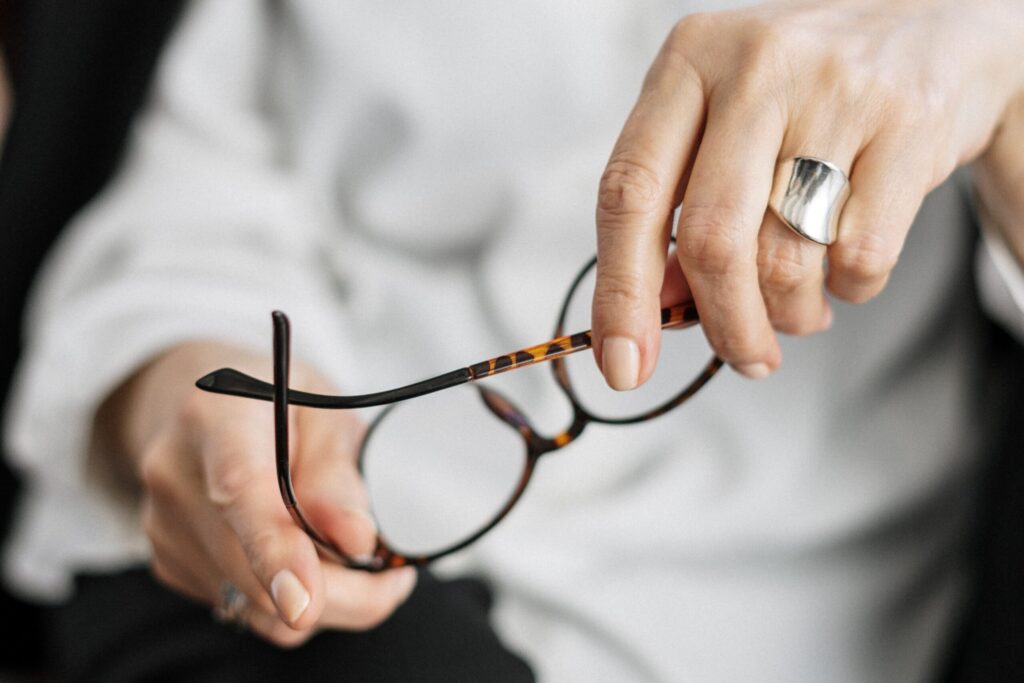Plant-based solutions for menopause: unleashing the potential of phytoestrogens
Scientists and, of course, women are looking into different natural ways to help with the symptoms of menopause. One interesting option is something called “phytoestrogens.” These are natural substances found in some plant-based foods. Phytoestrogens can help with the uncomfortable things that can happen during menopause. In this article, we’ll talk about why phytoestrogens help some people and seem to be useless for others, the possible not-so-great effects of phytoestrogens, and how they could actually be pretty helpful for making menopause easier.

Phytoestrogens are a group of plant-derived compounds that have a similar structure to estrogen, the primary female sex hormone. These compounds include isoflavones (found in soybeans and legumes), lignans (abundant in flaxseeds and whole grains), and coumestans (found in clover and alfalfa sprouts). Due to their structural similarity to estrogen, phytoestrogens can bind to estrogen receptors in the body and elicit estrogen-like effects, albeit milder.
So, if during menopause, your body’s estrogen level declines, which causes negative health effects, can phytoestrogens bring relief?
Health benefits of phytoestrogens during menopause
Which health conditions can be avoided by phytoestrogens if they are used appropriately?
Hot Flashes and Night Sweats: Hot flashes and night sweats are common menopausal symptoms characterized by sudden feelings of intense heat and excessive sweating. Phytoestrogens may help alleviate these symptoms by providing a mild estrogenic effect. Several large studies have pointed out a reduction in the frequency and severity of hot flashes with the help of phytoestrogen supplements.
Bone Health: Estrogen plays a crucial role in maintaining bone density. During menopause, the decline in estrogen levels can lead to an increased risk of osteoporosis. Phytoestrogens have been associated with potential bone-protective effects, supporting bone health during menopause. But unlike the effect on hot flashes, studies data is contradictory. Some studies have shown clear benefits in osteoporosis protection (when they were taken 6-9 months), while some have not.
Obesity and diabetes: Menopause brings hormonal shifts that can impact metabolism, potentially leading to weight gain and diabetes. One meta-analysis has confirmed that soy isoflavone supplementation can protect from unwanted pounds and diabetes in that transitional period.
Cognitive Function: Estrogen is believed to influence cognitive function. Brain fog, memory impairment, and an increased risk of dementia can result from rapid hormonal changes during menopause. While research on the cognitive effects of phytoestrogens is ongoing, some studies suggest they can be beneficial. Moreover, a higher dietary intake of lignans (flaxseeds and sesame seeds contain the most) is associated with better cognitive function. So,it doesn’t matter if you will choose to take supplements or not; enriching your diet with sesame seeds, whole grains, legumes, and vegetables (such as broccoli and Brussels sprouts) can help your brain work better!
So, as you see, phytoestrogens are extremely beneficial for one person and show just a modest effect on others. What is the reason?

Genetic susceptibility and phytoestrogen metabolism
The response to phytoestrogens varies from person to person, depending on individual genetic factors. Certain genes, such as those encoding for cytochrome P450 enzymes and estrogen receptors, can influence how the body metabolizes and responds to phytoestrogens. This genetic variation may explain why some women experience greater relief from menopause symptoms through phytoestrogen consumption, while others might not notice substantial changes.
“How your body reacts to phytoestrogens can actually be influenced by your unique genetic makeup. That’s why it could be a smart move to consider getting a genetic test before you dive into any treatment involving these natural compounds.”
Incorporating phytoestrogens into menopausal wellness
So how can you benefit from phytoestrogens? By adding them to your diet or by taking supplements? Or both?
Dietary Choices: To harness the benefits of phytoestrogens, women can include phytoestrogen-rich foods in their diet, such as soy products, flaxseeds, legumes, whole grains, and fruits like apples and cherries. However, it is essential to maintain a balanced diet and avoid excessive consumption, as extremely high phytoestrogen intake may have adverse effects.
Herbal Supplements: Some women may choose to use herbal supplements containing standardized doses of phytoestrogens to manage menopause symptoms. Before starting any supplements, it is advisable to consult a healthcare professional to ensure safety and efficacy.
Hormone replacement therapy and phytoestrogens: comparing risks
During menopause, safety concerns related to phytoestrogens are often compared to hormone replacement therapy (HRT). HRT involves using synthetic hormones to alleviate menopause symptoms caused by declining estrogen levels. While both HRT and phytoestrogens can offer relief, they differ in their potential health implications.
HRT’s safety concerns have been debated, as some studies have linked long-term HRT use to an increased risk of breast cancer, blood clots, and cardiovascular issues. On the other hand, phytoestrogens, being plant-derived compounds, tend to have a milder estrogenic effect and are less likely to pose similar risks. However, the risks are not totally excluded, so measuring your hormone levels and checking genetics can help to make a choice.
In contrast to traditional hormone replacement therapy (HRT), bioidentical hormone replacement therapy is based on phytoestrogen usage. They are extracted from plants and then in the laboratories are converted to gain more similarity with human hormones. Thus, they can be more potent compared to phytoestrogens.
Phytoestrogens offer a promising avenue for managing menopause-related discomforts and promoting overall wellness. While individual genetic variations may influence the response to phytoestrogens, incorporating these compounds into a balanced diet and lifestyle can potentially yield significant benefits.
Navigating through menopause is a unique journey for every person, just like a fingerprint. At Willbe, we believe in a one-of-a-kind approach to managing menopause that takes into account your own genetic makeup and what your body needs. Our aim is to be your companion on this adventure, offering personalized advice, trustworthy insights, and a supportive partnership. We’re here to help you smoothly navigate the twists and turns of menopause, ensuring you feel your best and stay full of vitality every step of the way.
Book your complimentary discovery call
Fancy a diet make-over? Our 12-week programme uses real-time blood glucose monitoring, tailored nutrition, and hormone balancing to help you regain control of your diet and vitality during menopause.
